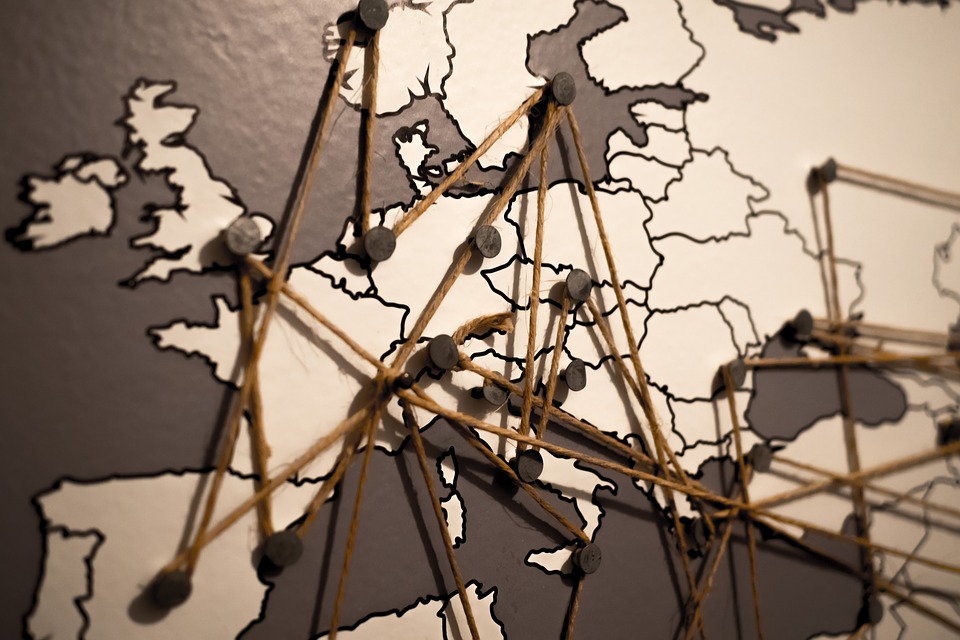There are two lists, one for those that will be accepted, and one for those who will not.
On Thursday, European officials failed to reach a decision on which countries will be barred from entry after the bloc’s external borders open, with an EU diplomat telling Euronews that officials “could not reach an agreement.”
Euronews has obtained, from EU diplomatic sources, the full draft list of the countries for which Europe’s borders will be open, and can confirm that Brazil, Qatar, the US and Russia are indeed not on the approved list.
Sources also threw into doubt the border reopening date of July 1, suggesting agreements will not be forthcoming in time.
The full list of countries whose nationals will be allowed to enter Europe according to the draft list is as follows:
Vatican City
Monaco
Montenegro
Andorra
Serbia
Bosnia and Herzegovina
Ukraine
Albania
Turkey
Kosovo
Democratic People’s Republic of Korea
Turkmenistan
Vietnam
China
Thailand
Myanmar
Mongolia
Japan
South Korea
Georgia
Bhutan
Lebanon
Indonesia
Uzbekistan
India
Tajikistan
Kazakhstan
Palau
New Zealand
Australia
Dominica
Bahamas
Saint Lucia
Uruguay
Jamaica
Cuba
Guyana
Paraguay
Venezuela
Nicaragua
Costa Rica
Canada
Angola
Tunisia
Namibia
Uganda
Mozambique
Mauritius
Zambia
Rwanda
Ethiopia
Morocco
Algeria
Egypt
Diplomatic sources also hinted that there is disagreement between nations on the criteria to use for this decision, with some maintaining that data about COVID rates is not reliable. They are asking the ECDC, the EU agency for disease prevention, to come up with more details, the sources said, adding that the lists will be reviewed every two weeks.
When EU guidelines were released two weeks ago officials said the list would take into account the infection rate in countries concerned. The criteria are based on epidemiological data and at the time we were told that 47 countries were on the list of acceptable countries and 54 nations on the barred list. From our source in Brussels on Thursday there are now 54 on the acceptable draft list, and it is clear that these numbers may continue to fluctuate.
pixabay

















